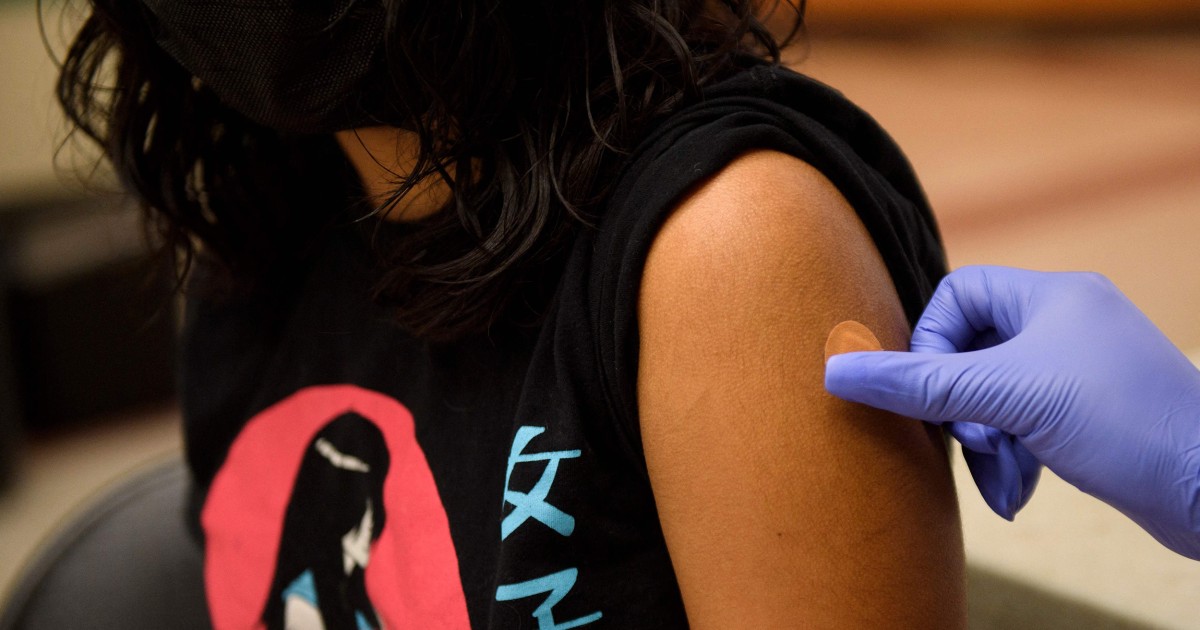
Doctors offered reassurance Tuesday following several dozen reports of mostly mild heart problems after Covid-19 vaccinations, but suggested recipients and their families pay close attention to possible symptoms, such as chest pain and shortness of breath.
It remains unclear whether the vaccine is the cause of the heart problem, called myocarditis. Last week, the Centers for Disease Control and Prevention’s vaccine safety group said it was looking into “relatively few reports” of the condition in vaccinated individuals — primarily teenagers and young adults.
The CDC did not respond to questions about the exact number of reports. However, NBC News identified at least 55 suspected cases nationwide.
Full coverage of the coronavirus outbreak
That number includes 14 cases under investigation by the Department of Defense among members of the military, but it may be an underestimate. And some, but not all, state departments of health are tracking such cases.
The Connecticut Department of Public Health said 18 cases in teenagers or young adults have been reported in that state. As of Tuesday, all but one had been released from the hospital and are “doing fine,” Dr. Deidre Gifford, acting commissioner for the Connecticut DPH, said during a news conference earlier this week.
Seven cases have been reported to the New York State Department of Health, three cases are under investigation in Idaho, and six have been reported in Oregon. The Colorado Department of Public Health & Environment has received four reports.
“In recent weeks, there have been rare reports of myocarditis and pericarditis occurring after Covid-19 vaccination in the United States and Europe,” the CDC said in a statement. “Reported cases appear to be mild and often go away without requiring treatment.”
Myocarditis and pericarditis are conditions that involve inflammation in and around the heart.
Cases have been reported more often in males than in females, according to the CDC. The onset occurs more often following the second dose, typically within four days of receiving that shot.
The agency is coordinating its investigation with the Food and Drug Administration, which authorized the vaccines for emergency use.
Still, the conditions are rarely serious, and often resolve quickly, experts said.
Dr. Alexandra Yonts, an infectious diseases specialist at Children’s National Hospital in Washington, D.C., has seen two cases of myocarditis in older teenagers, both within a few days of their vaccinations.
“Both cases were mild,” she said, adding that the patients’ chest pain went away by the time they got to the hospital. She reported both cases to the CDC for investigation.
Indeed, most cases go away on their own without patients knowing they ever had the condition, said Dr. Steven Nissen, chief academic officer of the Heart, Vascular and Thoracic Institute at the Cleveland Clinic.
He advises caution about any apparent link between the vaccines and heart problems.
“Keep in mind that Covid itself can cause myocarditis,” Nissen said. “What we have is a disease that kills people, including young people, and a theoretical incidence of myocarditis.”
“We ought to be very careful before we hype this up,” he added.
What causes myocarditis?
A number of viruses can cause myocarditis, including enteroviruses, which tend to be more common during the summer months.
Infections from those viruses have been much rarer since the start of the pandemic, thanks to masks, said Dr. Hugh Cassiere, director of critical care services for Sandra Atlas Bass Heart Hospital at North Shore University Hospital, part of Northwell Health, on Long Island, New York.
“Now that people are taking their masks off, we’re transmitting more virus” once again, he said.
The CDC noted that the number of reports of myocarditis and pericarditis following Covid-19 vaccinations has not risen above the expected baseline rates, meaning the agency would have expected to see similar rates regardless of vaccination.
Symptoms can include fever and fatigue, but also shortness of breath and a very specific type of chest pain, Cassiere said.
“When you lean forward, it hurts more, and when you lean back, it feels better,” he said.
Dr. Manesh Patel, chief of the division of cardiology at Duke University School of Medicine, said he’s only seen one possible case, which he, too, reported to the CDC.
This kind of myocarditis “is usually sort of self-limiting, or improves as the heart gets better, even when it’s inflamed,” he said. “Just like with an infection, it gets better over time and so it’s usually — thankfully — not very long-lasting in most cases.”
Download the NBC News app for full coverage of the coronavirus outbreak
Treatment may involve anti-inflammatory drugs, such as ibuprofen, and in some cases, a medication called IVIG.
Generally, children who have myocarditis will follow up with a cardiologist for about six months to make sure there are no other significant problems, Yonts said.
“I think it’s something we should be observing their children for, so if they are complaining of chest pain, they should take that seriously and monitor and talk to their pediatrician,” she said, about what parents should do.
Cassiere, Nissen, Patel and Yonts all agreed that it is biologically plausible the vaccines could be causing the heart inflammation.
“When the body has a massive immune response, there’s inflammation in lots of different areas. That’s part of the reason people get side effects in general,” Yonts said.
All also agreed that it’s best to remain cautious about linking the two before more is known, and encouraged vaccinations regardless.
Complications seen with Covid-19 in children have been much more severe “than anything we’ve seen in these reports over the last month,” Yonts said.
Follow NBC HEALTH on Twitter & Facebook.

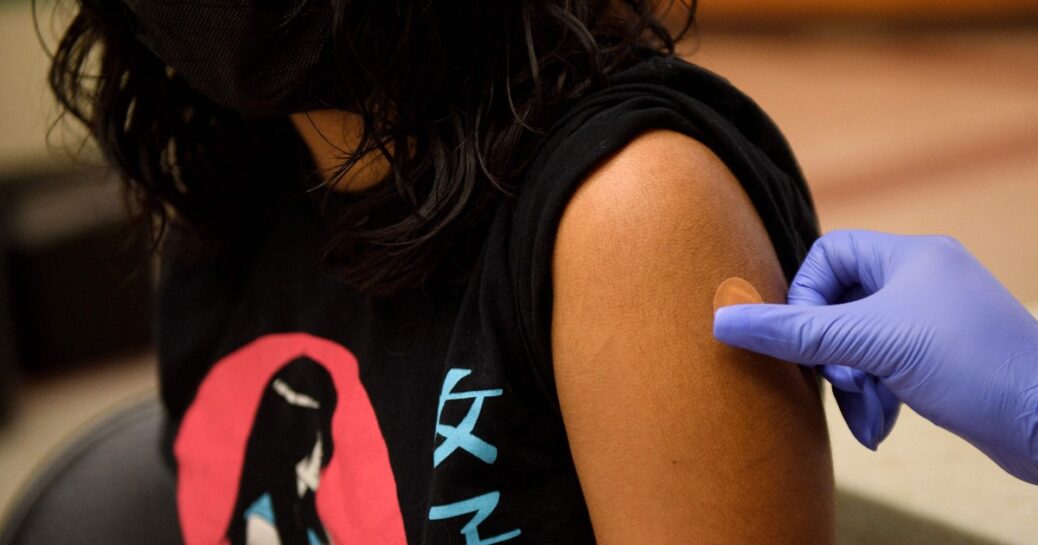

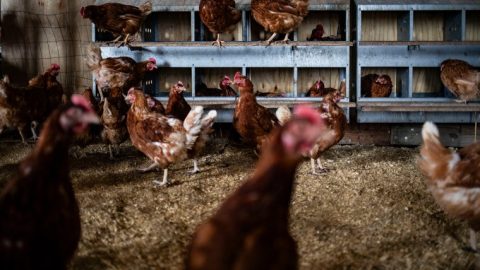
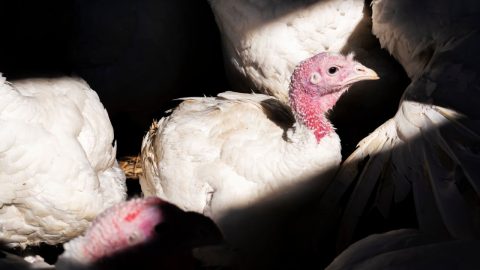


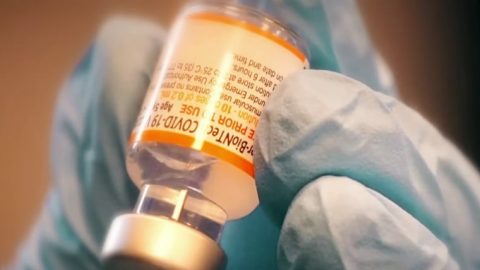
Recent Comments